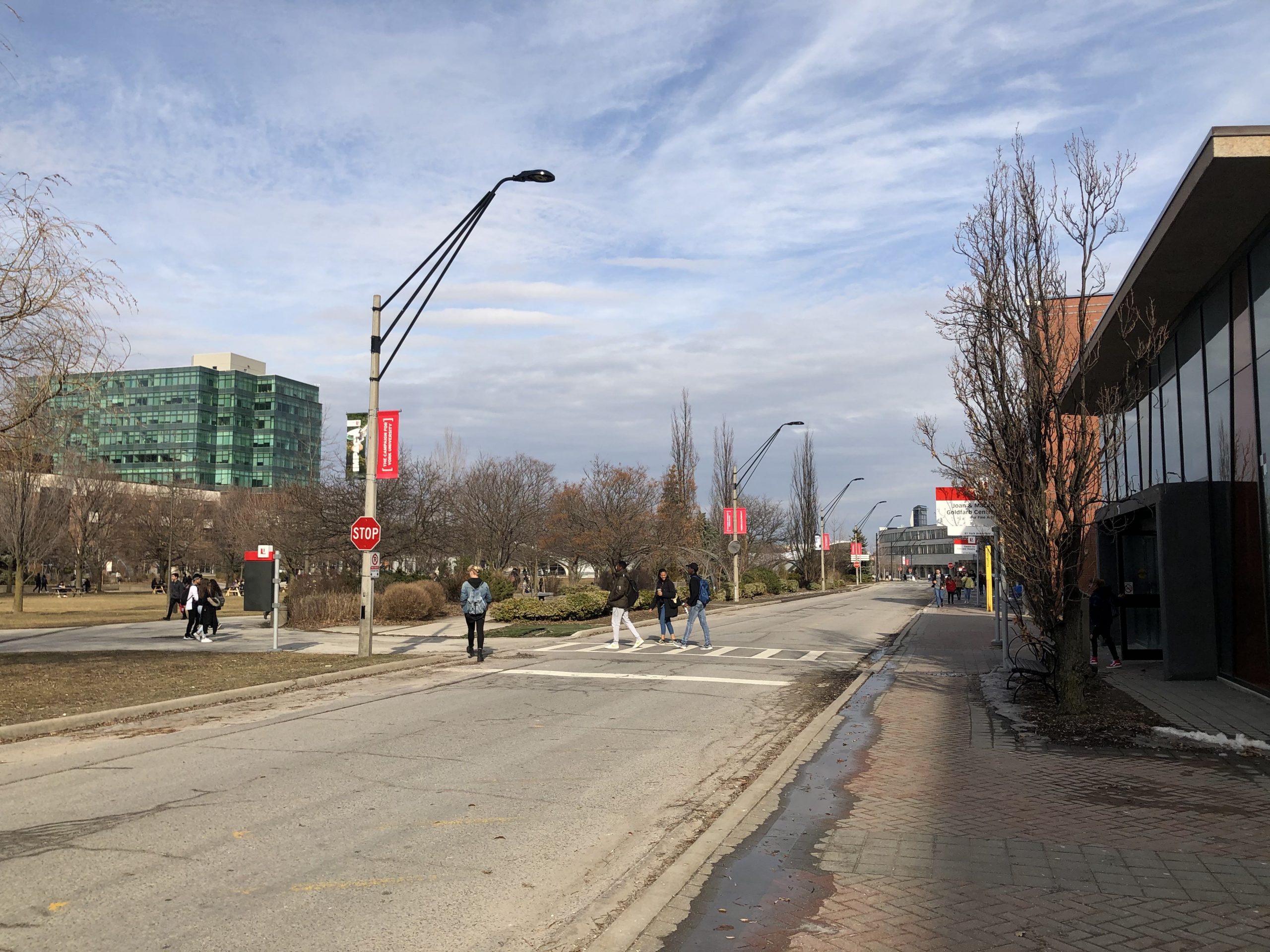Shahroze Rauf | News Editor
Featured Image: The UAP is a guideline on how York will function for the next five years. | Courtesy of Jordan Chu/Excalibur
Last Thursday, York held an open Senate forum on the University Academic Plan (UAP) — a plan that will decide how the institution will function on all levels for the next five years.
This time, many issues were expanded, specifically relating to York’s relationship with the community on local, provincial, national, and global levels, as well as diversity within the institution.
Priorities were introduced in the forum. Among the six priorities the UAP is based on were “diversifying whom, what, and how we teach, inclusive research, scholarship, and creation, and next gen student supports,” according to the UAP draft.
“At York we are determined to equip every student, regardless of background or field of study, with the knowledge, transferable skills, and values to navigate a 21st century world in which change is the only constant,” reads the UAP.
The UAP mentions that efforts to be taken will include the attempt to make York appealing for Indigenous students, and trying to increase the international student body to count for up to a quarter of the total student population.
The UAP also made direct comments on the attempt to decolonize curriculum at the university to include a more diverse educational experience for students.
“We will ensure our graduates are known for their global mindset, ethical judgment, and superior ability to integrate diverse ideas and world views, and build essential 21st century skills into our programs, including digital and information literacies, critical thinking, and the ability to ask good questions, marshall evidence, and communicate effectively in a variety of media.”
Some students, like fifth-year professional writing student Alexandra Stella Isaac, think that decolonizing curriculum at York is a step forward for racialized students on campus.
“It is important the university be explicit in naming what they define and consider a decolonized curriculum. The university must ensure that this academic plan is not simply a strategy to make the university seem more liberal. To borrow from Eve Tuck and K. Wayne Yang, ‘decolonization is not a metaphor’,” says Isaac.
Isaac also adds that the university must reflect on its response towards racism on campus, including anti-Black racism and the use of derogatory terms like the n-word in a classroom.
“I would also recommend the university consult Indigenous and Black students as well as student groups to get a veritable sense of what can be done for racialized students on this campus. We students have many horror stories that speak to the oppressions we’ve faced on this campus as a result of the legacy of colonialism that allows such racist practices to continue to take place on this campus where we are paying to learn not to be ostracized,” concludes Isaac.
For the next five years, York’s academic plan hopes to invoke a positive change, according to the official UAP.
“A better future must be rooted in strong relationships– among the members of our own institution, across our multiple campuses, with Indigenous communities, and with our burgeoning network of partners near and far.”
The UAP is to be finalized and submitted to the Senate by this April/May.




